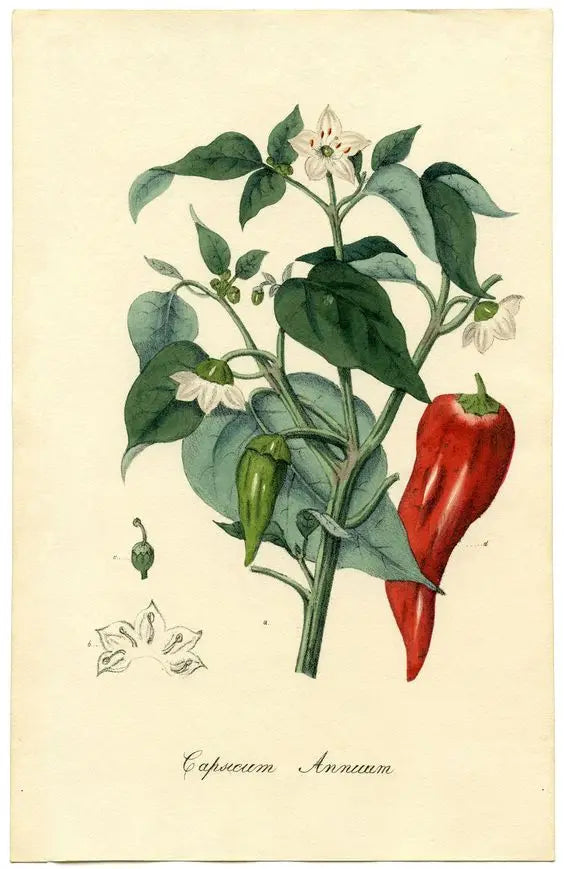In Hot Pursuit: The Benefits of Consuming Spicy Foods

Recent studies suggest that people who regularly consume spicy foods are less likely to develop and die from long-term illnesses, particularly cancer, Type 2 diabetes, and heart disease. By “spicy,” we mean hot spicy, or pungent, the temperature-raising, sweat-inducing flavor typically associated with foods that contain capsaicin, an active compound derived from chili peppers. Like sweet, sour, salty, and bitter, spicy is one of the five flavors, or wuwei, recognized by Traditional Chinese Medicine, which is embraced by Laroot.

Spicy foods likely harbor disease-mitigating effects because, as research has confirmed, capsaicin acts as an antioxidant and anti-inflammatory throughout the body. Additional studies suggest that capsaicin may help in specifically reducing the low-level inflammation in the gut often linked to obesity. Furthermore, the compound has been shown to jump-start metabolism, break down fat cells, and even prevent new ones from forming.
Laroot’s spiciest dishes include Las Enchiladas Enamoradas, dressed in a tomato sauce blended with adobo-marinated chipotles; the Syrian Shrooms, featuring a quinoa, leek, and feta filling spiked with Fresno chilies; and the Princess of Addis Ababa teff-grain salad, seasoned with a traditional Ethiopian berbere spice mix including chili powder, coriander, and ginger. Should any of these ancestral recipes leave you reaching for a glass of water more quickly than usual, let it be a reminder of the preventative effects that spicy foods, when balanced tactfully with other flavors, could bring to your health in the long run.

